Volkswagen has given an in-depth technical preview of its all-new electric vehicle platform, making its production debut next year with the ID hatchback.
Cars will be produced at the brand’s German plants in Zwickau, Braunschweig, Salzgitter and Kassel, with €1.2 billion being invested at Zwickau to become the first pure MEB plant and largest competence centre for e-mobility in Europe and €1.3 billion of a total €6 billion being invested at the other three sites.
The first car to go on sale will be the two wheel-drive only ID, costing less than a high-end Golf diesel. In the UK this will put the price of an entry level model at around £25,000 before any government grant. Pre-orders of the ID will start at the end of 2019, with deliveries early in 2020.
There will be three Lithium-Ion battery pack sizes available. The entry level ID hatchbacks will have a range of 205 miles on the WLTP cycle with the next size up giving over 400 miles. Battery packs built up from individual cells into modules and can be scaled with more or less modules to create larger or smaller packs for the ID family. The range given by the largest spec battery is still under wraps. The target for larger vehicles is over 350 miles on one charge.
Volkswagen is also premiering the Volkswagen Wallbox home charging system. All vehicles will be capable of accepting fast [rapid] charging at 125kW taking an 80% charge in 30 minutes.
As part of its “Electric for All” campaign, the Volkswagen brand aims to sell 150,000 electric cars including 100,000 ID models made in Germany by 2020. 10 million vehicles will be produced in the first product life cycle “creating massive economies of scale.” Volkswagen aims to sell one million EVs by 2025. By 2021 the plan is to be producing 1,500 ID family vehicles per day, the equivalent of almost 550,000 a year. By the end of 2022, four of the group’s brands will be ramping up to 27 models.
The centre for battery manufacture will be at Braunschweig and Salzgitter will produce motor rotors and stators and become the Battery Cell Centre of Excellence (CoE). A laboratory line is being established there, followed by a battery pilot production line.
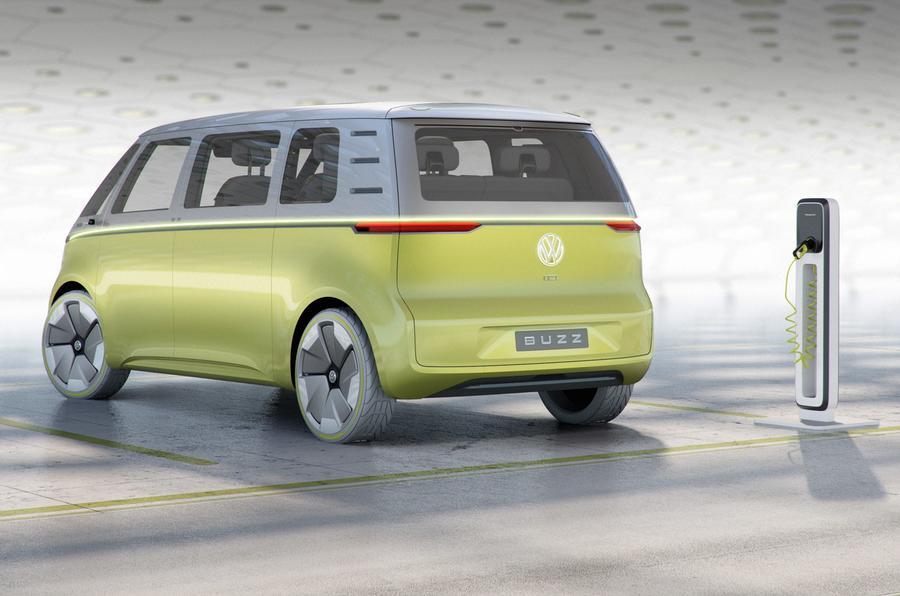

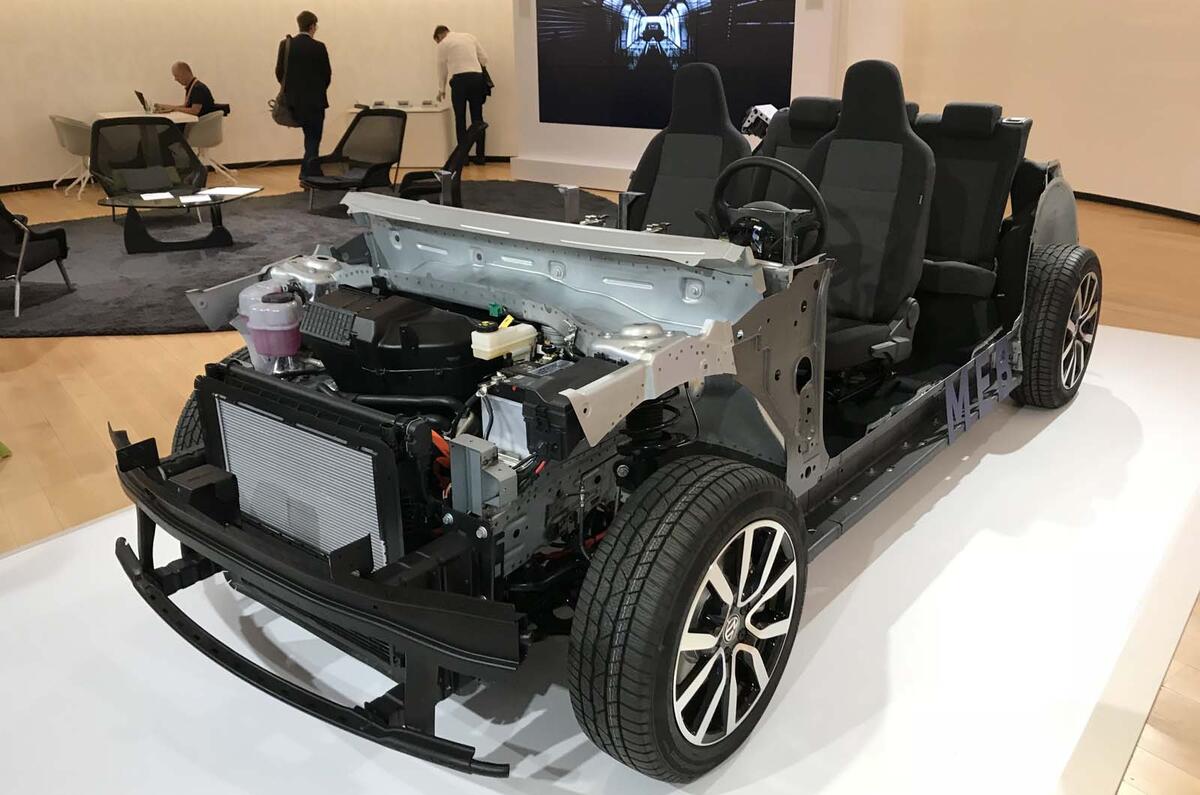
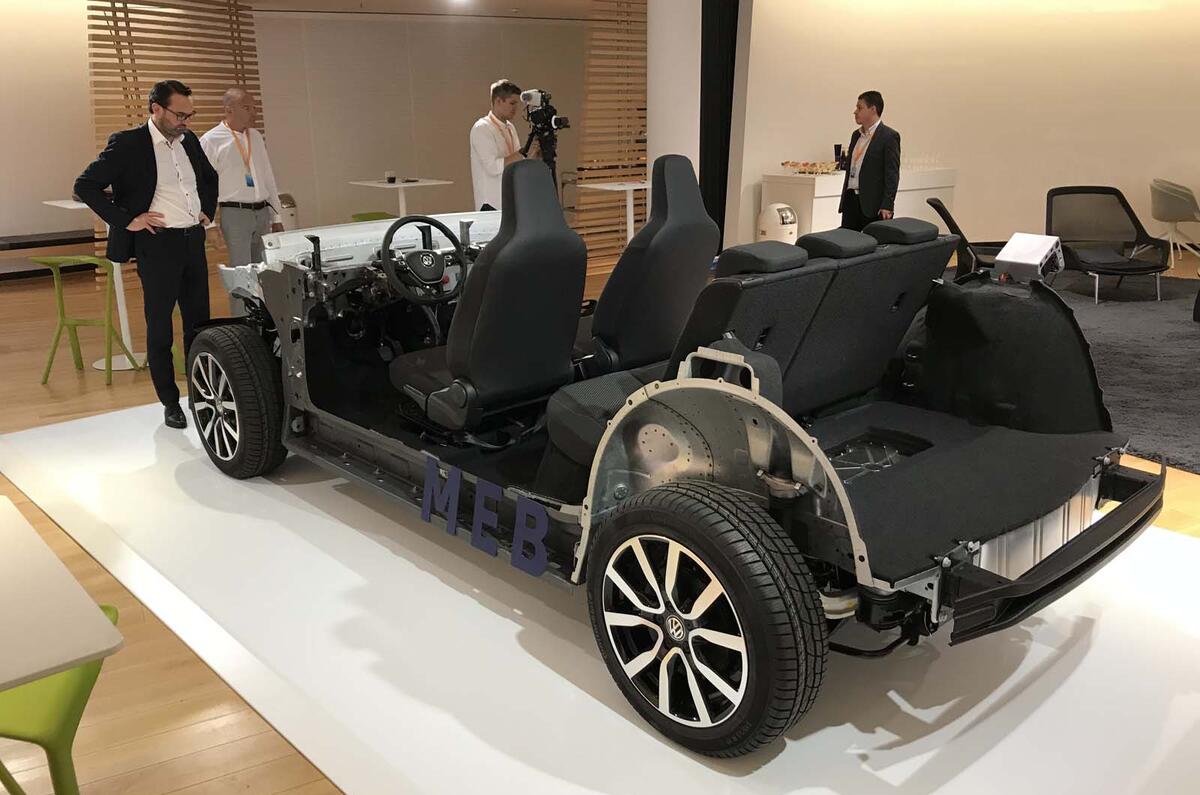
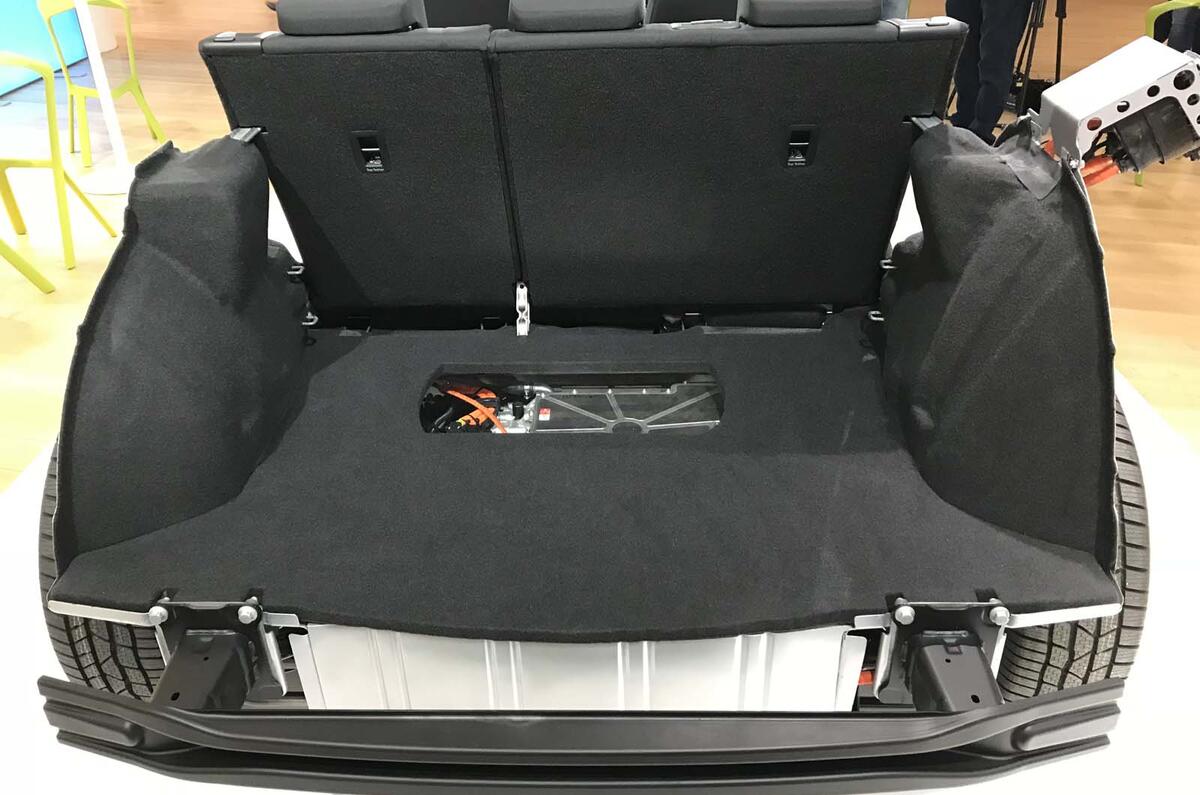
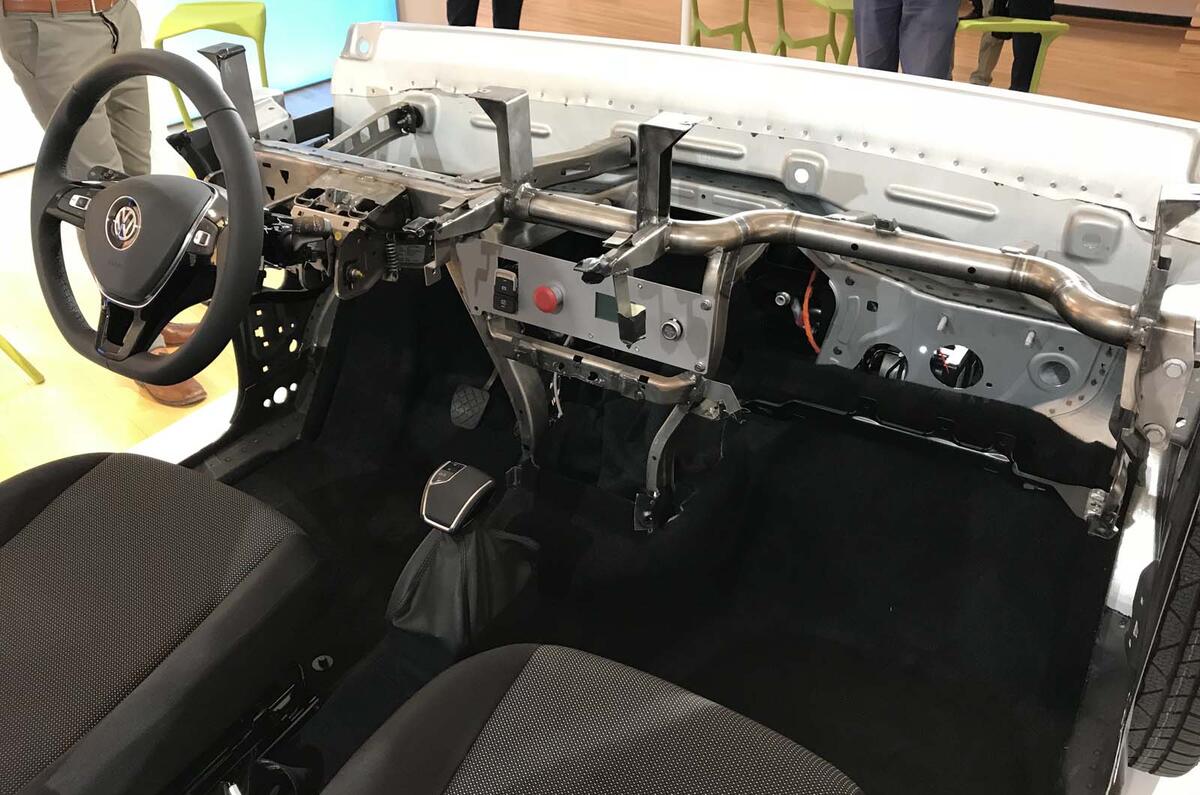







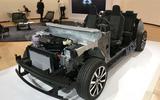











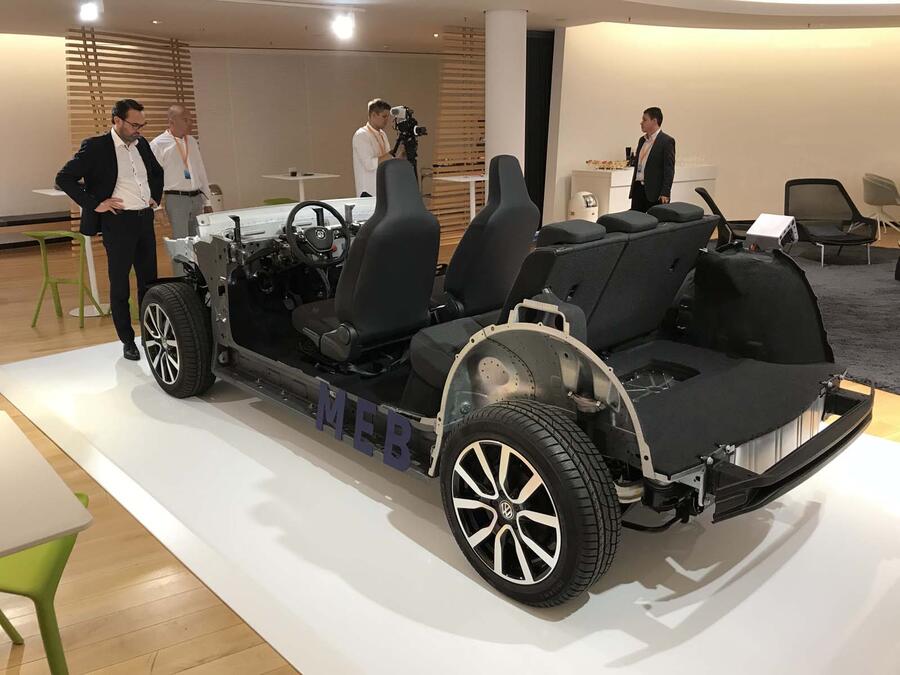


Join the debate
Add your comment
Seems like a step forward
It doesn't look that intimdating on the photos, but the specs are actually quite cool... I'm interested if they are going to use the same platform in the Beetle.
The revolution is gathering pace
I currently run a Golf GTE hybrid and have averaged 96 mpg in the last year and I love it, fast, frugal and well equipped. The I.d is a logical next step, I will be very tempted is it gives a real world range of 250 mpg+
Until then over to South Korea
Only another 1 and half years, at least, before I see one then. Looking forward to countless 'leaks' and 'scoops'